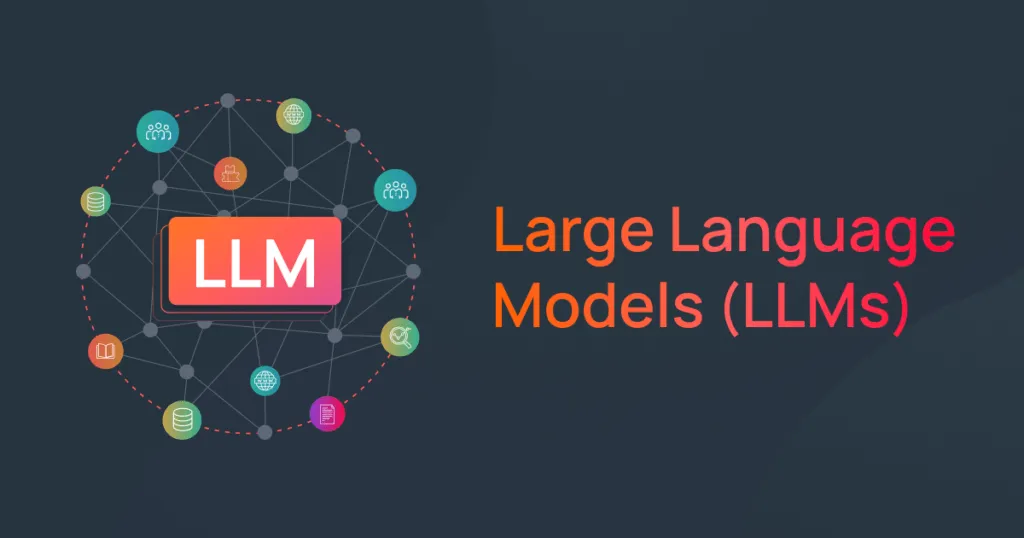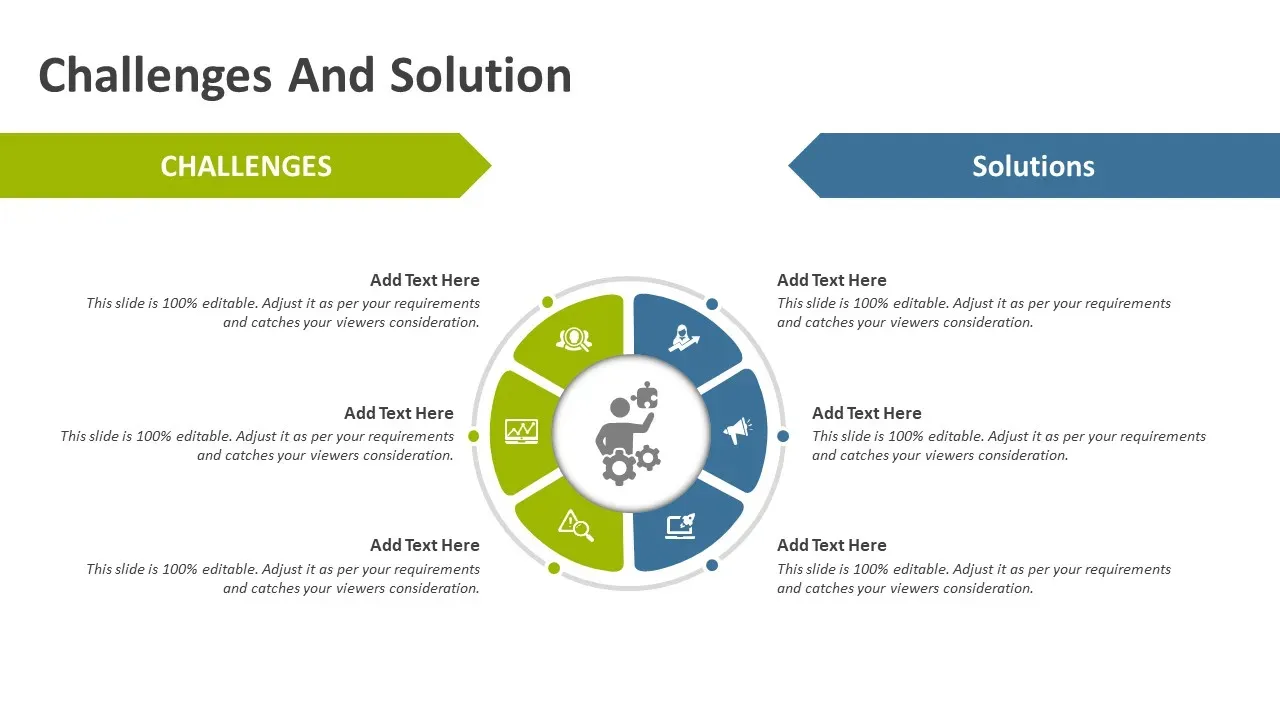Introduction
Robots aren’t stealing our jobs; they’re changing them. And no, not in the way you think. The picture most have painted about technology's role in the future of work is often bleak, filled with visions of people being rendered obsolete. But, let’s flip that narrative on its head. Imagine, instead, technology as the ultimate co-pilot in the workplace.
Enter the world of Large Language Models (LLMs). These aren’t just any tech tool; they’re like having a conversation with the future. At first, the idea of machines understanding and generating human-like text sounds almost too good to be true. Yet, here we are, on the cusp of a workplace revolution.
From drafting emails to generating reports, LLMs are changing the game. They're not taking over tasks but transforming how we approach them, making our days more productive and creative. Think of LLMs as enhancing, not replacing, the human touch in work processes.
In this guide, we’ll dive deep into the practicality of LLMs — not through rose-colored glasses, but with a pragmatic view of how they can fit seamlessly into our daily work lives, aiding decisions, fueling collaboration, and even overcoming challenges. Ready to see how? Let’s start this journey with an open mind.
Understanding LLMs
Large Language Models, or LLMs for short, are like big brains on computers. They read and understand language, kind of how people do, but they do it by looking at loads of text from the internet or books. This helps them get really good at predicting what word comes next in a sentence or generating new text that makes sense.

Think of it this way: if you've ever used a phone that suggests the next word as you're texting, that's a tiny taste of what LLMs can do. But LLMs go way beyond just predicting the next word. They can write whole articles, answer questions, and even create stories based on what they’ve learned from reading so much content.
The cool part is that LLMs don't get tired. They can keep working on tasks, like reading or writing, for as long as we need them to. This is why they're awesome for helping with productivity. Whether it's drafting emails, summarizing reports, or coming up with ideas, LLMs can do it fast and keep doing it without taking a break.
Why LLMs Matter for Productivity?
LLMs matter for productivity because they're like having an extra hand. You know those tasks that eat up your time, like writing emails or looking for information? LLMs can do those quickly. This means you can focus on bigger things, like thinking of new ideas or finishing important projects.
For anyone working with lots of data or needing to write regularly, LLMs are a game-changer. Think about having to summarize a long report. It's tiring, right? With LLMs, it's done in no time. And they don't just save time. They also help reduce mistakes. Since LLMs work based on lots of data, the information they generate or process is accurate, helping you make fewer errors.
Also, LLMs don't get 'overwhelmed' with work. They handle repetitive tasks without slowing down. This makes everything run smoother and faster, making your day more productive. So, in short, LLMs help you do more in less time, improve accuracy, and take some of the boring stuff off your plate. This is why they’re a big deal for boosting productivity.
Applications of LLMs in Daily Work
Let's chat about how LLMs can make your typical workday a lot easier. Let's start with emails. We all know it takes time to write a clear and well-thought-out message, especially when you've got a ton of them to get through. LLMs can write those emails for you. You just need to give them a rough idea of what you want to say, and they'll put it together.
Now, onto documents and reports. You've got a chunky, 50-page report. Wouldn’t it be nice to get a summary without having to read it all? Here's where LLMs shine. They can read that lengthy report and create a neat summary for you. Not only does this save you lots of time, but it also makes sure you're not missing out on any key data.
How about brainstorming ideas? Let’s say you need to come up with content ideas for your blog or solutions for a project. LLMs can generate a variety of ideas for you based on the information given to them. This can provide you with a fresh perspective and jumpstart your creativity.
And translating between languages? No problem for LLMs. They can accurately translate text from one language to another; saving you the hassle, especially when you're stuck dealing with language barriers while working with a global team or communicating with clients overseas.
Lastly, LLMs can assist with task automation. Frequently repeating the same task? LLMs can help repeat tasks reliably, freeing up your time to focus on other important areas.
In a nutshell, whether it's responding to emails, reading long reports, brainstorming ideas, translating text, or automating routine tasks, LLMs are like your personal assistants in daily work, helping you get things done faster and easier.
Improving Team Collaboration with LLMs
LLMs can seriously boost how teams work together. Picture this: you're working on a project with lots of people. Everyone's got ideas and notes flying around. It's easy to lose track, right? Well, LLMs can keep all those thoughts in order. They collect everyone's input and put it into a clear summary. No more digging through emails to find that one great idea someone mentioned last week.
Meetings often leave you with pages of notes. LLMs can turn those notes into neat action items. Everyone knows what they need to do without sifting through all that scribble. This keeps your team on the same page, literally.
Also, need a quick check on your team's work or feedback? An LLM can do a first review. It looks over the content and offers suggestions. This takes some weight off team members to always cross-check each other's work.
And if you’re working with people from different parts of the world, LLMs can break down language barriers. They can translate on the fly, so everyone understands everything in their own language. Clear communication? Check. Less confusion? Check. Smoother collaboration? Double-check.
Basically, LLMs act like the glue in team efforts. They help organize thoughts, clarify actions, offer helpful feedback, and keep everyone talking the same language.
Enhancing Decision Making with LLMs
In the real world, making decisions can be tough. It's even tougher when you've got heaps of data to navigate through. LLMs can take a lot of that pressure off. They're like a super-smart buddy you can ask to do all the heavy reading and then tell you what's important.
LLMs can take in all sorts of data - like reports, reviews, or financial numbers - and make sense of it. Big or small, complex or simple, they chew through the data and spit out the highlights. No more getting lost in a sea of numbers or texts. Clear and direct details - that's what you’d get.
And remember, LLMs are neutral. They don't have personal opinions or biases. They give you straight-up data-based insights. This helps you make more objective, informed decisions.
If you're trying to predict what might happen next with your business or project, LLMs can help there too. They can look at past trends and make educated guesses about the future. Essentially, LLMs are like your personal information sifters, trend spotters, and future predictors all rolled into one. They provide helpful insights that lead to smarter, data-driven decisions.
Suggested Reading:Boost Productivity and Efficiency with LLM Models
Challenges and Solutions
Let's be real, LLMs aren't perfect. Yes, they're smart, but they're not human. Sometimes, they miss nuances in language, like jokes or sarcasm. This can lead to some misunderstandings. Also, they learn from texts online, so they might sometimes reproduce information that's biased or incorrect.

So how do we tackle these challenges? For the language nuances, we can keep refining how we train LLMs. We need to feed them more diverse examples of human language so they pick up on the subtle things.
As for the bias and bad info, one way is to have human reviewers on board. These folks keep a check on LLMs and guide them to improve over time. They correct biases and confirm the info LLMs are learning from. This way, LLMs get better at spotting and avoiding making the same mistakes.
In a nutshell, while LLMs do have some hurdles, we aren't left without solutions. A mix of better training and human supervision can help us get the most out of LLMs while keeping their shortcomings in check.
Conclusion
In a nutshell, LLMs are less like scary job snatchers and more like helpful sidekicks. We’ve seen they can keep our team talks on-point and add muscle to our decision-making. And yeah, they've got their issues, like missing a joke or echoing bad info, but we're learning to keep those in check.
As we close off, remember that LLMs are tools. They're here to make our work lives smoother, not to do our jobs for us. They free up our time, so we can get creative and do the stuff that really needs a human touch.
So, what’s the takeaway? Embrace the LLMs, guide them, and let them handle the heavy lifting. This way, we all get to focus on what we do best. It's about working smarter, not harder. That's the future of work, simple and straightforward.
Frequently Asked Questions (FAQs)
Can LLMs handle sensitive information securely?
LLMs can be programmed with security in mind, but always ensure your data is handled within compliant platforms when dealing with sensitive info.
Do LLMs require training specific to our business?
Yes, to get the best out of them, LLMs benefit from examples specific to your business context and industry.
What if our team isn’t tech-savvy?
LLMs are designed to be user-friendly. Even without tech expertise, your team can use them with a bit of basic guidance.
Are LLMs accessible for small businesses or only for large corporations?
LLMs come in various sizes and are scalable, making them accessible for businesses of all sizes, including startups.


